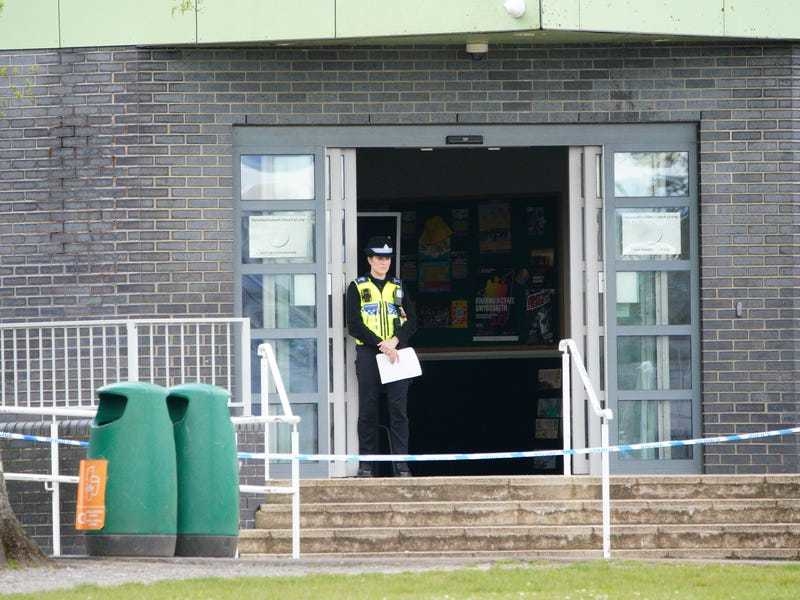Statistics released by the service reflecting on its work between January and September – during which period the pandemic broke out and lockdown was imposed – show that all the major factors most regularly identified in a person’s background that can lead them to commit crime had been recognised in cases more often this year compared to the same nine months of last year.
The Probation Service produces a social inquiry report before each offender is sentenced, looking into their background and any factors that may have led to the crime, and analysis of those reports found that the prevalence of all the major contributors to crime had risen. A total of 212 SER reports had been produced during the period this year, a similar number to last eyar.
Alcohol and drug misuse increased and were factors in 81% of offending during 2020, compared to 65% for the same period in 2019.
Emotional, family and relationship problems were also up this year, money problems rose by 50%, and employment and housing problems had almost doubled.
Chief probation officer Mike Cutland said anecdotal evidence suggested Covid had exacerbated all those factors.
However, sentences such as community service orders were being carried out more quickly between January and September, the figures showed.
A total of 8,119 hours of community service were completed, which was down by a third on the first nine months of 2019 because of the temporary lockdown of the scheme.
However, 87% of people with community service orders completed theirs this year, 85% completed probation orders and 96% of those sentenced to supervision by Centeniers after a parish hall inquiry also completed theirs. The minimum target for completing all these kinds of order is 75%.
The community service order scheme had closed in March as the impact of the coronavirus began to take hold and re-opened in the middle of June. By 1 August it was back to full capacity.
The service has also continued to run its anti-domestic violence programme ADAPT, which stands for Adapt Domestic Abuse Prevention Training, aimed at men who want to stop their abusive behaviour towards a partner. The programme, which relaunched at the begining of August and is still available, is operating from the Salvation Army’s premises at Minden Place to allow for social distancing.
Mr Cutland said there had been a lot of close collaboration with other agencies this year, and added: ‘One of the few rays of light to emerge from this worrying period has been the manner in which partner agencies have joined us in rolling up our sleeves, doing things innovatively but at all times with a determination to have a positive impact in all we do.’
He added: ‘The last nine months have been an extremely challenging time for clients and staff. The positive and “can do” manner in which the team have adapted to Covid-19 has been commendable and is a key factor behind the innovative work and successful outcomes.
‘Colleagues have always appreciated that as a public body we have a responsibility to continue to provide a range of services for courts, clients and the community. They have often gone the extra mile and their efforts are reflected in some encouraging data that shows a high completion rate of orders.’






